SLIDESHOW: Local woman back from working at coalface of Refugee Crisis
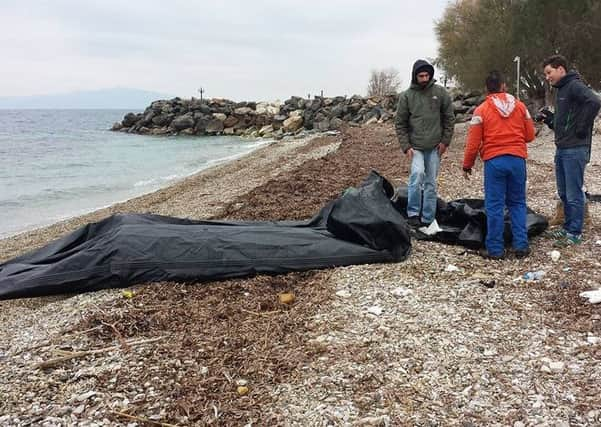

Hilda Orr has just returned to Derry from the Greek island of Lesvos, where she was working in the town of Moria in the south of the island.
Hilda, who originally comes from Ballintra in County Donegal, had spent nearly two weeks volunteering with the charity ‘Better Days for Moria’, one of around 80 non-government organisations working on the ground there.
Advertisement
Hide AdAdvertisement
Hide AdHilda said it was the terrible image of little Aylan Kurdi, the three-year-old from Syria whose lifeless body was washed up after he drowned with his brother and mother as they tried to reach safety, that made her want to get involved personally.
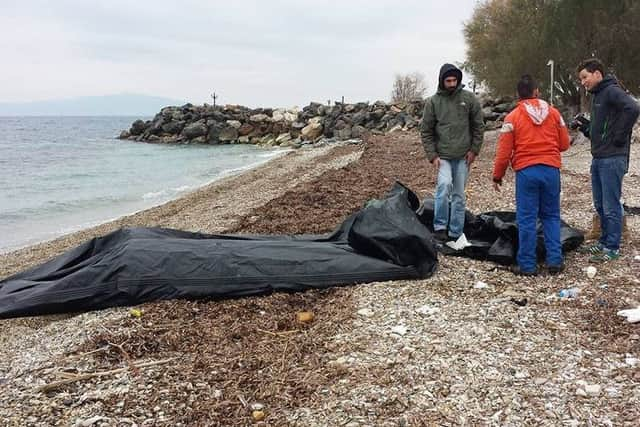

“Of course I was following the whole situation there and I wanted to go and see for myself and do what I could.”
After raising £2,500 to buy supplies for people on the ground through a series of street collections and a charity quiz, Hilda set off last month, initially arriving in Mitylene and then travelling on to Moria.
“This is the place where all the refugees who arrive have to go to register. There is a UNHCR (United Nationals High Commissioner for Refugees) compound there. does the registration but it’s inadequate to meet the needs of people who come off the boat.
Advertisement
Hide AdAdvertisement
Hide AdIf the NGOs (Non-Government Organisations) weren’t there people would be getting hypothermia. It would just be a human tragedy. Without the NGOs I can’t imagine what would happen.”
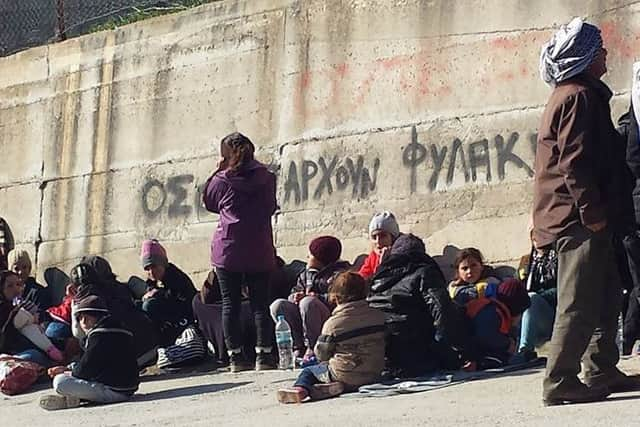

On arrival, there were
The group Hilda was working for had purchased a piece of land nearby to accommodate those shivering refugees who had made it from Turkey to Lesvos on the small, inflatable boats that have carried so many to their deaths.
She said most of the boats were landing at the north of the island and then people were being bussed down to the south to be processed.
“We had busloads arriving through the night, every couple of hours. It would take us nearly an hour to get a busload sorted out and then there might be another busload arriving.”
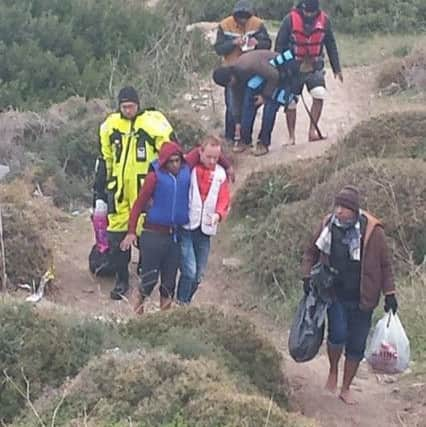

Advertisement
Hide AdAdvertisement
Hide AdHilda said that those arriving were extremely eager to tell their stories and that she’d wished she’d had a better grasp of Farsi or Arabic to understand more people, and she said there was a shortage of translators.
“There were many stories I did hear of people being in the water and being rescued. There was one particular story of a couple whose boat stopped in the middle of the sea. The boat filled with water and panic ensued and a man looked down and by his seat saw a little child be thought had died. She was three to four years old. In some way he was able to resuscitate her and a man showed me a photo of her and her very grateful father.
“There is story after story. All of them are traumatised by the journey.”
Hilda said the majority of the refugees had been flying the war ravaged countries of Syria, Iraq and Afghanistan, with some also arriving from north Africa and elsewhere.
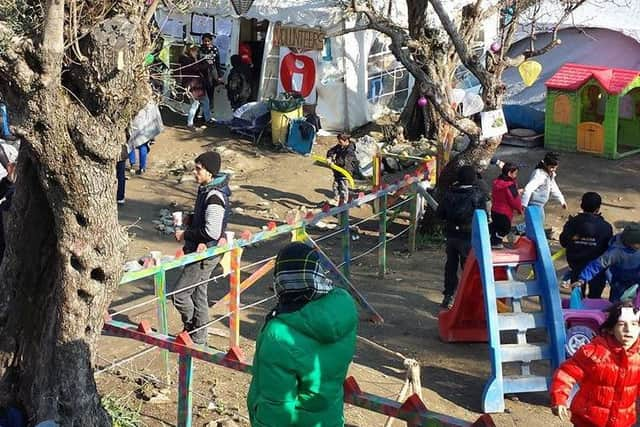

Advertisement
Hide AdAdvertisement
Hide Ad“It’s only since I have come home on Friday that I have shed a lot of tears,” she said. “When you are in the thick of it you think, we have to get these people off the boats, dry clothes, medical attention”.
Hilda said that the people she came across were “very vulnerable”, including many young men and families desperately in need of help.
She said that many would ask ‘Which country is good?’, and ‘Will they like us?’, ‘What will they say?’ as arriving in Greece did not mean the end of journey for any of the people trying to seek asylum.
Hilda urged people to donate towards those NGOs working on the island, including the small charity, The Dirty Girls of Lesvos Island, who launder and recycle the wet and dirty clothes the refugees arrive in and make sure they are ready for the next lot of people.